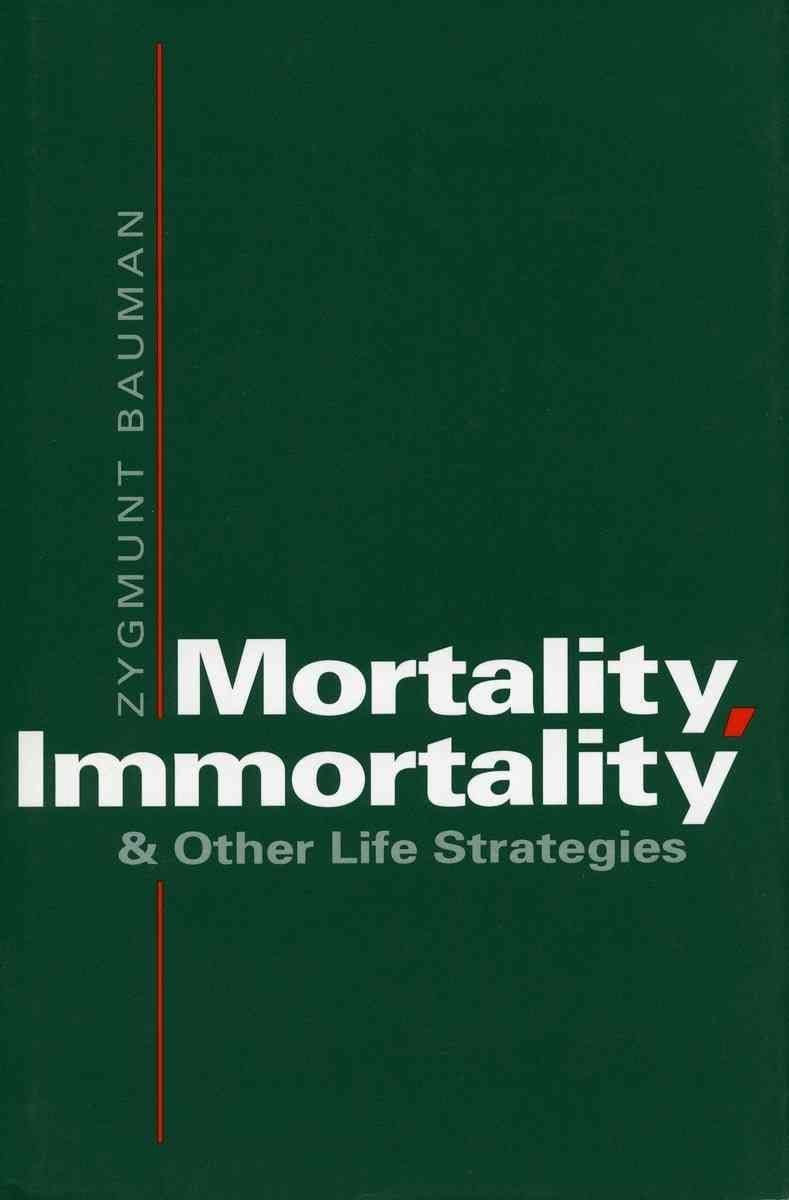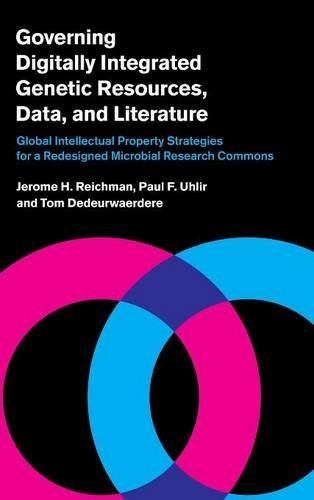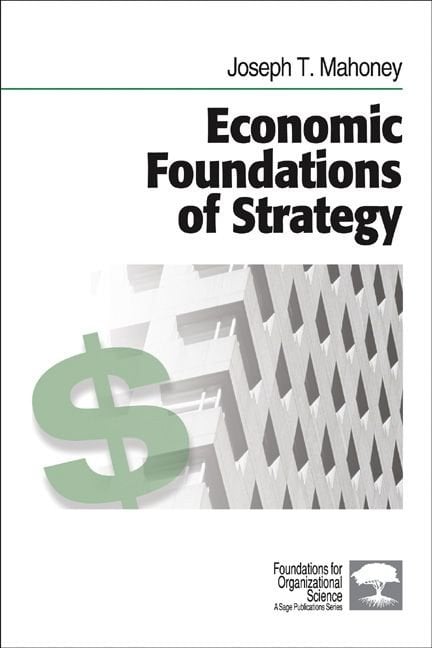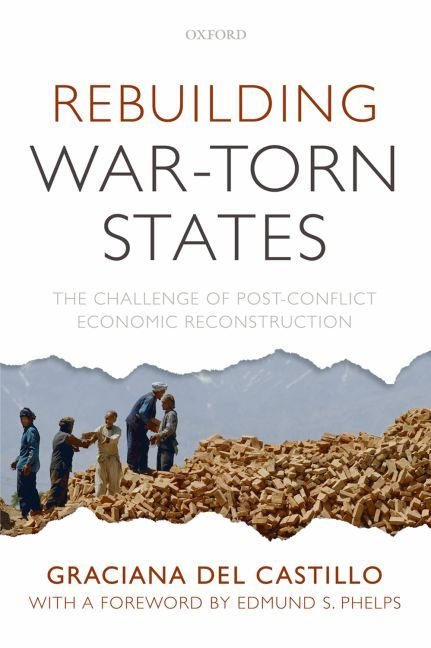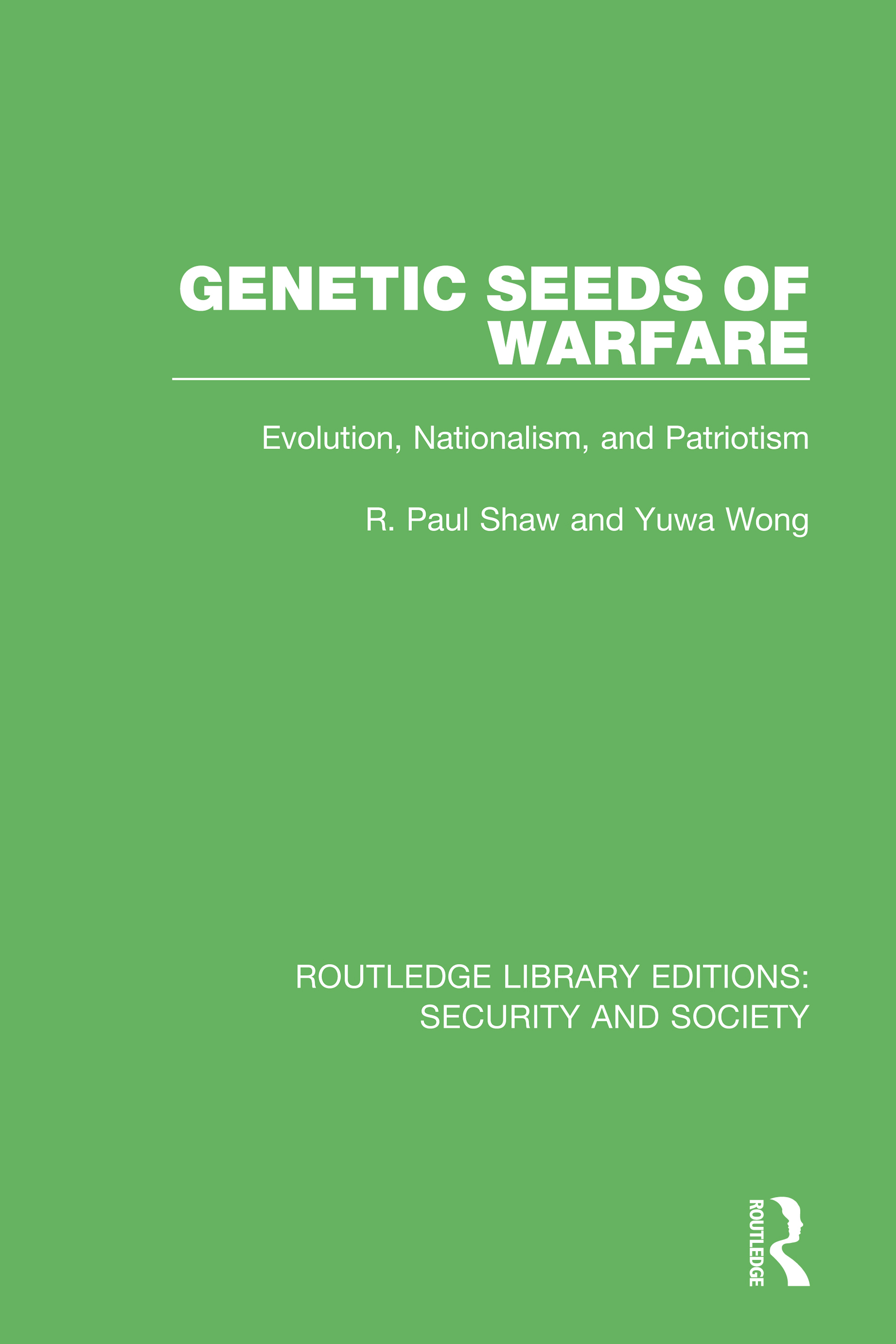Zygmunt Bauman’s book is a brilliant exploration, from a sociological point of view, of the “taboo” subject in modern societies: death and dying. The book develops a new theory of the ways in which human mortality is reacted to, and dealt with, in social institutions and culture. The hypothesis explored in the book is that the necessity of human beings to live with the constant awareness of death accounts for crucial aspects of the social organization of all known societies. Two different “life strategies” are distinguished in respect of reactions to mortality. One, “the modern strategy,” deconstructs mortality by translating the insoluble issue of death into many specific problems of health disease which are “soluble in principle.” The “post-modern strategy,” is one of deconstructing immortality: life is transformed into a constant rehearsal of “reversible death,” a substitution of “temporary disappearance” for the irrevocable termination of life.This profound and provocative book will appeal to a wide audience. It will also be of particular interest to students and professionals in the areas of sociology, anthropology, theology, and philosophy.
